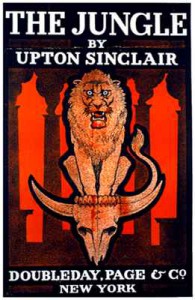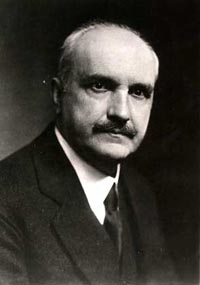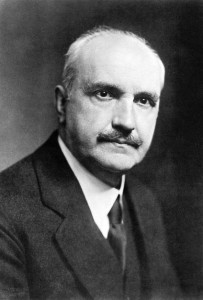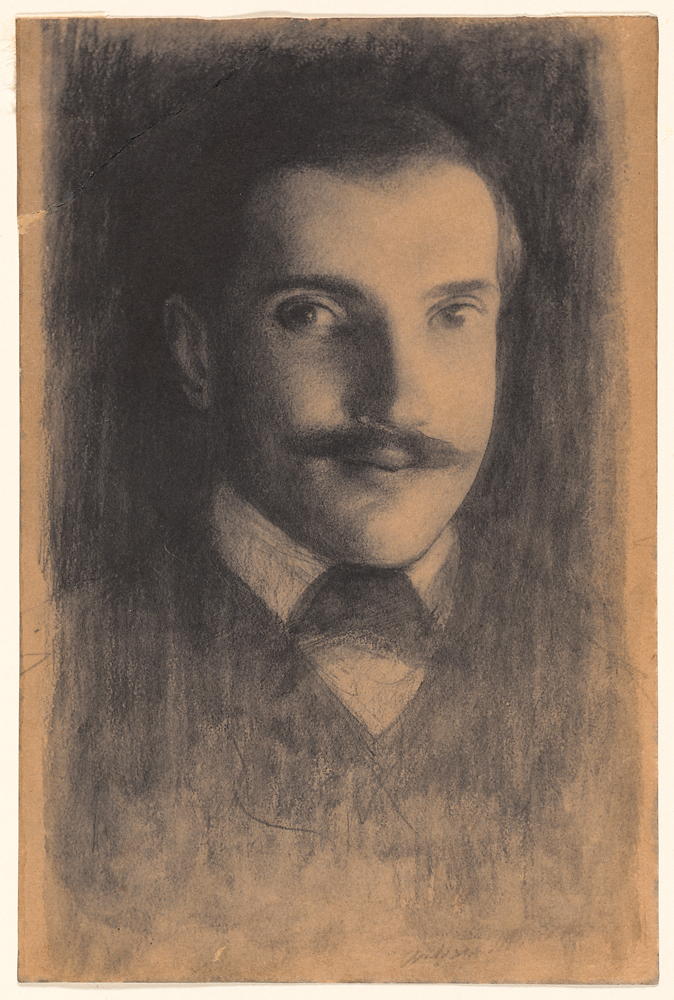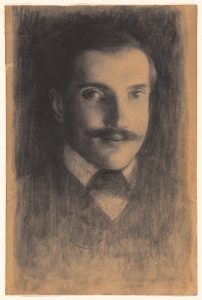 To Wincenty Lutoslawski
To Wincenty Lutoslawski
Via Santo Stefano Rotondo, 6,
Rome. April 20, 1949.
Dear Sir,
It was a pleasure to hear from you after so many years, and to know that you, too, have weathered these times of war and ruin. As for me, I had already retired from “the world” when troubles began, and was put to no great inconvenience, and to no positive loss, by events; I merely moved from the hotel in the city, where I had lived for many years, to this hospital-refuge kept by an Order of English-speaking Sister, called the “Little Company of Mary” or “The Blue Sisters”, from the colour of their veil. I am happy in my cell here, and do not expect to move again.
The just impression that you got of me in the first instance, that I was a sceptic and sincere lover of beauty, I think is still true of me in spite of the pretentious titles to some of my books. My system is only a system of categories or grammar of human imagination, not claiming any scientific or literal or exclusive validity. But modern philosophy was always alien to me, and I could never accept the dogmatic side of Platonism or Hinduism or Christianity as anything but a moralistic mythology. But I am perfectly content that language and thought should remain symbolical and merely human, even in the most objective possible science. “Reality” can take care of itself, and of us.
Writing has been a pleasure for me, not a means to any other end than that of a poet and I have doubtless written too much. Nevertheless, I can’t stop, and I am still at it, composing a big book about Government. I will very gladly send you (from the publishers’ in New York) any one of my books that you may care to see: but which? There is even a novel, “The Last Puritan” and two short parts of a kind of autobiography, called “Persons & Places” of which the second part, published separately, was given the temporary title of “The Middle Span”. These books would give you the best account of my life and religious opinions, if they interest you. But I have properly no religious opinions, only historical and psychological views about religion. Nevertheless, in my own terms, I could accept your conviction about pre-existence, in that, without any belief in transmigration of souls, I do believe in a profound existent potentiality in psyches; not indeed, in my view, infinitely old or infinitely transmissible, but like Karma, dominating our passage through human society, which is not at all a favourable environment for the spirit which the psyche is capable of developing. I have even written a book about “The Idea of Christ in the Gospels, or God in Man”, a piece of psychological Christology, not a “Life of Jesus.” Perhaps the best book to send you would be the one volume edition of “Realms of Being” containing the four volumes on Essence, Matter, Truth, and Spirit. My own favourite, however, and best written book, is “Dialogues in Limbo” of which there is a fresh edition.
From The Letters of George Santayana: Book Eight, 1948–1952. Cambridge, MA: The MIT Press, 2008.
Location of manuscript: Morris Library, Southern Illinois University at Carbondale.
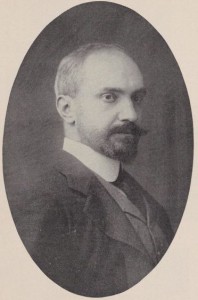 To Scofield Thayer
To Scofield Thayer
